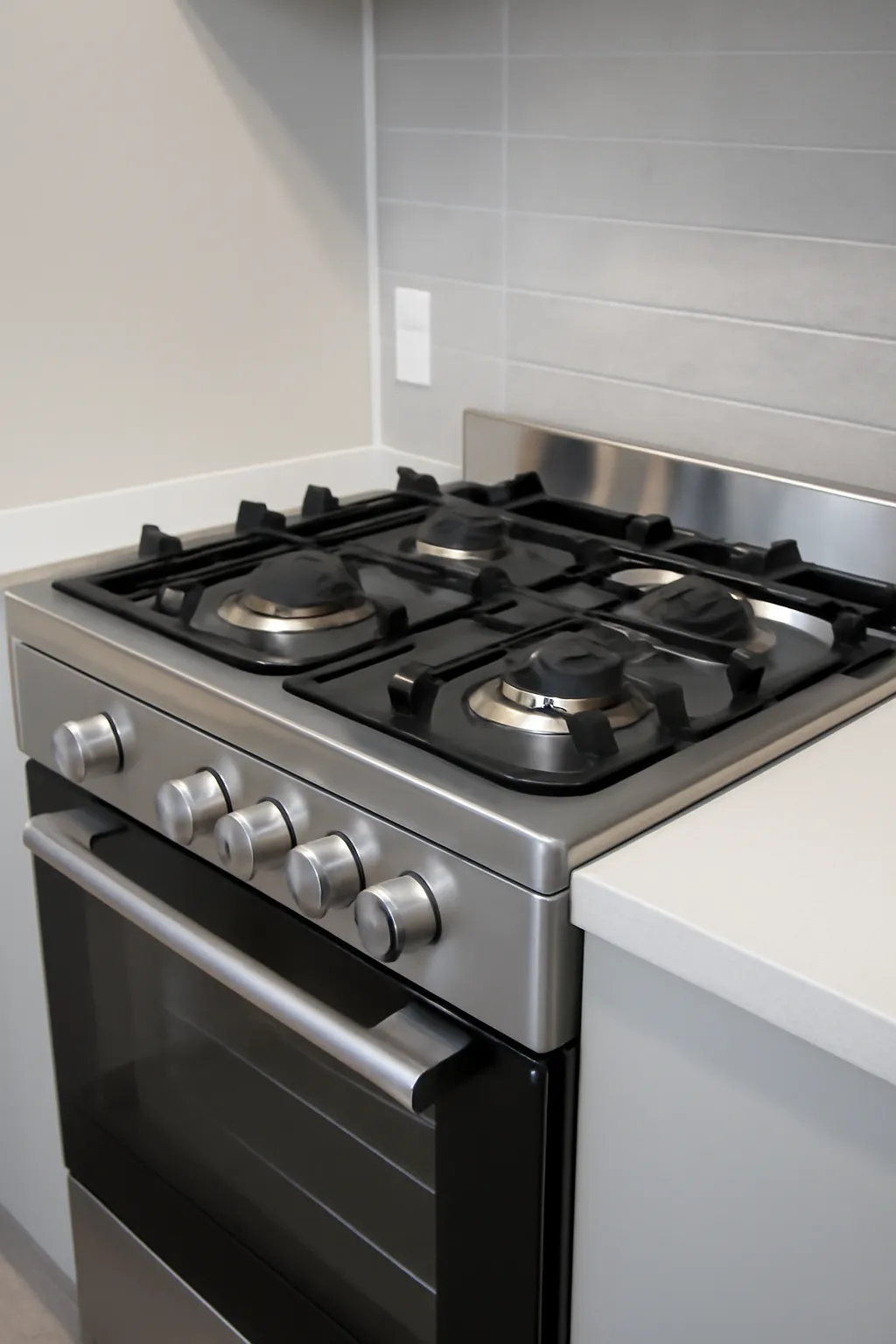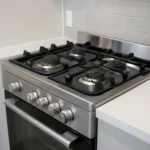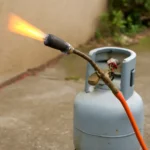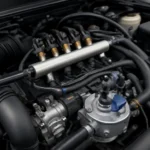Looking to choose the right LPG stove, replace nozzles, or set up your gas range? Discover everything from installation tips to the difference between city gas and LPG gas stoves. Learn why a proper connection is vital for your safety!
Gas stoves, particularly LPG and city gas stoves, have been integral to kitchens worldwide for decades. With their efficiency and ease of use, it’s no surprise that they remain a staple in many households. However, like all appliances, LPG stoves need periodic attention, including nozzle replacements, proper installation, and making sure they are connected correctly. In this article, we’ll explore the differences between LNG and LPG stoves, the importance of the correct stove nozzle, and everything you need to know about setting up and maintaining your stove.
LNG LPG Gas Stove: Understanding the Basics
When most people think about gas stoves, they typically think of LPG (liquefied petroleum gas). However, the differences between LPG and LNG (liquefied natural gas) are subtle but important, particularly when it comes to stove installation.
What is LPG and LNG?
LPG is a mixture of propane and butane, which are stored as liquids under moderate pressure. It’s widely used for cooking and heating, especially in homes that are not connected to a natural gas supply.
LNG, on the other hand, is natural gas (methane) that has been cooled to a liquid form. It’s primarily used for larger-scale industrial and power generation purposes but can also be used in homes where gas pipelines are available.
Choosing the Right Stove for Your Home
LPG stoves are designed to burn LPG efficiently and safely, while LNG stoves are optimized for natural gas use. While both can be used for cooking, there are specific stoves designed to handle each type of gas.
-
LPG Gas Stoves: These stoves typically have a higher gas pressure compared to natural gas stoves.
-
LNG Gas Stoves: These require specific regulators to control the pressure for safe operation.
It’s crucial to choose the stove that corresponds to your gas supply. If you have an LPG connection, ensure you’re buying an LPG-compatible stove, and if you use city gas (LNG), then an LNG stove is your best option.
Practical Tips for Setting Up Your LPG Stove
If you are using LPG in your home, ensure that the installation and maintenance of your stove are handled by a professional. It’s important to have proper ventilation and a certified gas fitter to connect the stove safely. If you have recently moved into a home or are considering a replacement, take time to inspect the connection and any potential leaks.
Pro Tip: Always use a certified professional for installation. A poor installation can result in gas leaks, which can be hazardous.
👉 Learn More About LPG Stove Installation 👈
Gas Range City Gas LPG: Choosing the Best for Your Kitchen
When it comes to cooking, the choice of gas range is key. Whether you’re using LPG or city gas, your stove should offer both reliability and efficiency. City gas stoves are designed to work with the natural gas supplied through pipelines, while LPG gas ranges are ideal for those using bottled gas.
Comparing Gas Ranges
-
City Gas Stoves: These stoves are hooked directly to the gas pipeline, offering a steady supply of gas. They tend to have lower pressure than LPG stoves and are generally more energy-efficient in urban areas.
-
LPG Gas Ranges: These stoves rely on bottled gas. They are often more portable, making them ideal for homes that don’t have a city gas connection or for outdoor use like camping or barbecue setups.
Installation and Maintenance Considerations
For city gas stoves, regular maintenance is essential for smooth operation. Have your stove checked by professionals to ensure there are no blockages in the pipeline, and always check for leaks.
For LPG gas stoves, ensure you have enough gas in your cylinder and that the connections to the stove are properly sealed. Regularly replace the hoses and check for any wear or damage.
Why Choosing the Right Range Matters
A proper gas range not only ensures efficient cooking but also enhances safety. Incompatible or poorly installed ranges can result in inefficient cooking, higher energy bills, or dangerous leaks. Make sure to consult with a gas expert to select the right model for your needs.
👉 Find the Right Gas Range for Your Home 👈
LPG Gas Stove Nozzle: The Unsung Hero of Your Stove
The nozzle on your LPG stove plays a crucial role in controlling the flow of gas from the cylinder to the burner. Over time, nozzles can get clogged or damaged, which may impact the efficiency of your stove.
The Importance of Regular Nozzle Maintenance
-
Cleaning the Nozzle: Over time, grease and food particles can clog the nozzle. Clean it regularly to ensure that your stove is burning gas efficiently.
-
Replacing a Damaged Nozzle: A damaged nozzle can lead to a weak flame or gas leaks, which can be dangerous. Make sure to replace nozzles promptly to maintain both safety and cooking efficiency.
How to Replace the Nozzle
Replacing a nozzle is typically a straightforward process, but it requires careful attention. Here are some steps to follow:
-
Turn off the gas supply and disconnect the stove.
-
Remove the burner caps and use a wrench to unscrew the nozzle.
-
Install the new nozzle, ensuring it is tight and secure.
-
Reconnect the gas supply and check for leaks using soapy water.
If you’re unsure about how to replace the nozzle, it’s always safer to consult a professional.
Tips for Avoiding Common Nozzle Problems
-
Keep your stove clean to avoid grease buildup.
-
Check the nozzle for damage regularly, especially after periods of heavy use.
-
Always use the right nozzle for your stove and gas type.
👉 Learn How to Replace Your LPG Stove Nozzle 👈
Conclusion
In summary, choosing the right LPG stove, understanding how to maintain it, and properly replacing nozzles are all essential for both the safety and efficiency of your cooking. Whether you’re using a gas range powered by city gas or bottled LPG, regular inspections and professional installation can ensure that your stove operates smoothly for years to come. Always prioritize safety and consult experts when needed to avoid potential risks associated with gas appliances.
Remember, with the right care and attention, your LPG stove will continue to serve as an invaluable kitchen companion.






